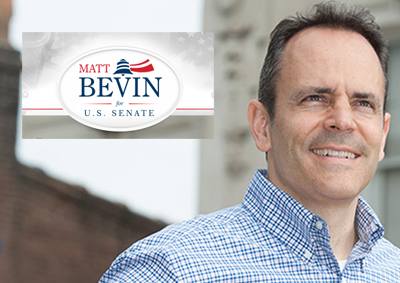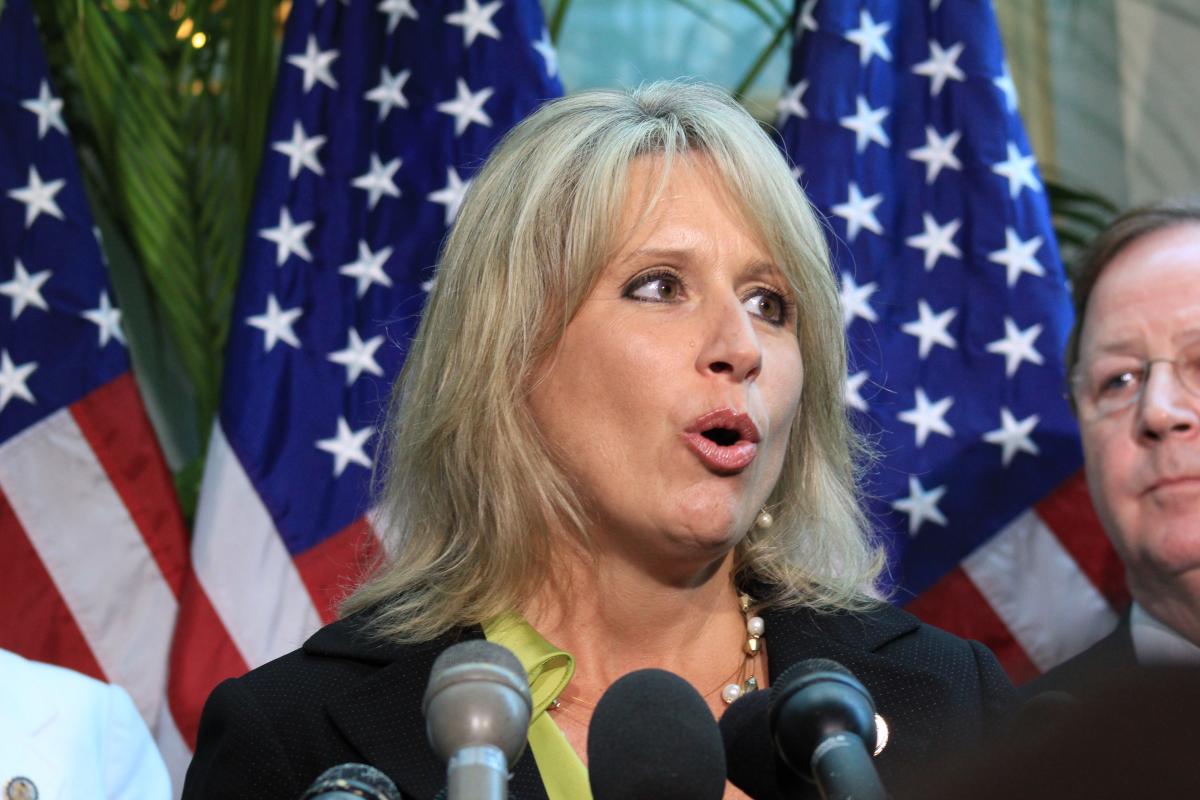At the National Tea Party Convention, organizers announced that they would be starting a new PAC called Ensuring Liberty Corporation which would aim to “endorse, support and elect” conservative candidates for office … provided they promised to be loyal Republicans:
The announcement came with an official platform that could help define what the multi-faceted tea party movement stands for and expects from the candidates it supports. The group’s leaders plan to support candidates who stand for a set of “First Principles.”
Those principles are: fiscal responsibility, lower taxes, less government, states’ rights and national security.
Prospective political candidates will be expected to support the Republican National Committee platform. If a particular candidate meets the proposed criteria he or she would be eligible for fundraising and grassroots support.
Once elected to office, members would be expected to join a congressional caucus of “like-minded representatives” who attend regular meetings and are held accountable for the votes they cast. Those who stray from the tea party path would risk losing the new organization’s support and a possible re-election challenge.
That is one way of trying to take over the Republican Party. Of coruse, an even more efficient way would be to do what they are doing in South Carolina and simply merge the two:
The South Carolina Republican Party announced Monday that it’s uniting with tea party groups in the state to share resources, coordinate messaging and push the GOP in a more conservative direction.
The points of contact between the state party establishment and the grass-roots will be the Greenville County Republican Party — one of the most conservative wings of the state party — and the Upstate Coalition of Conservative Organizations, an umbrella structure of state tea party groups.
The agreement, as announced by South Carolina Republicans, is designed to serve four goals: increase precinct involvement, improve communication between the state party and grass-roots groups, create liaisons between the state party and the various tea party organizations and to work “closely to make the Republican Party more conservative.”
State Republican Party Chairman Karen Floyd told POLITICO that the arrangement came at the suggestion of a local activist who works with both the state party and local tea party groups.
“This is not something the state party by edict pushed down,” Floyd said. “This is something the grass-roots pushed up with an understanding that we are stronger together than apart.”
Floyd said that working with the groups accomplishes her goals of “growing the Republican Party, electing conservative Republicans and growing the strength of the party,” though she was careful in describing what the party intends to do in working with the tea parties to elect more conservative members.
Frankly, it is hard to see this as anything but a looming sign of the end of Tea Party activism as a movement as it gets entirely co-opted by the existing Republican power structure.








